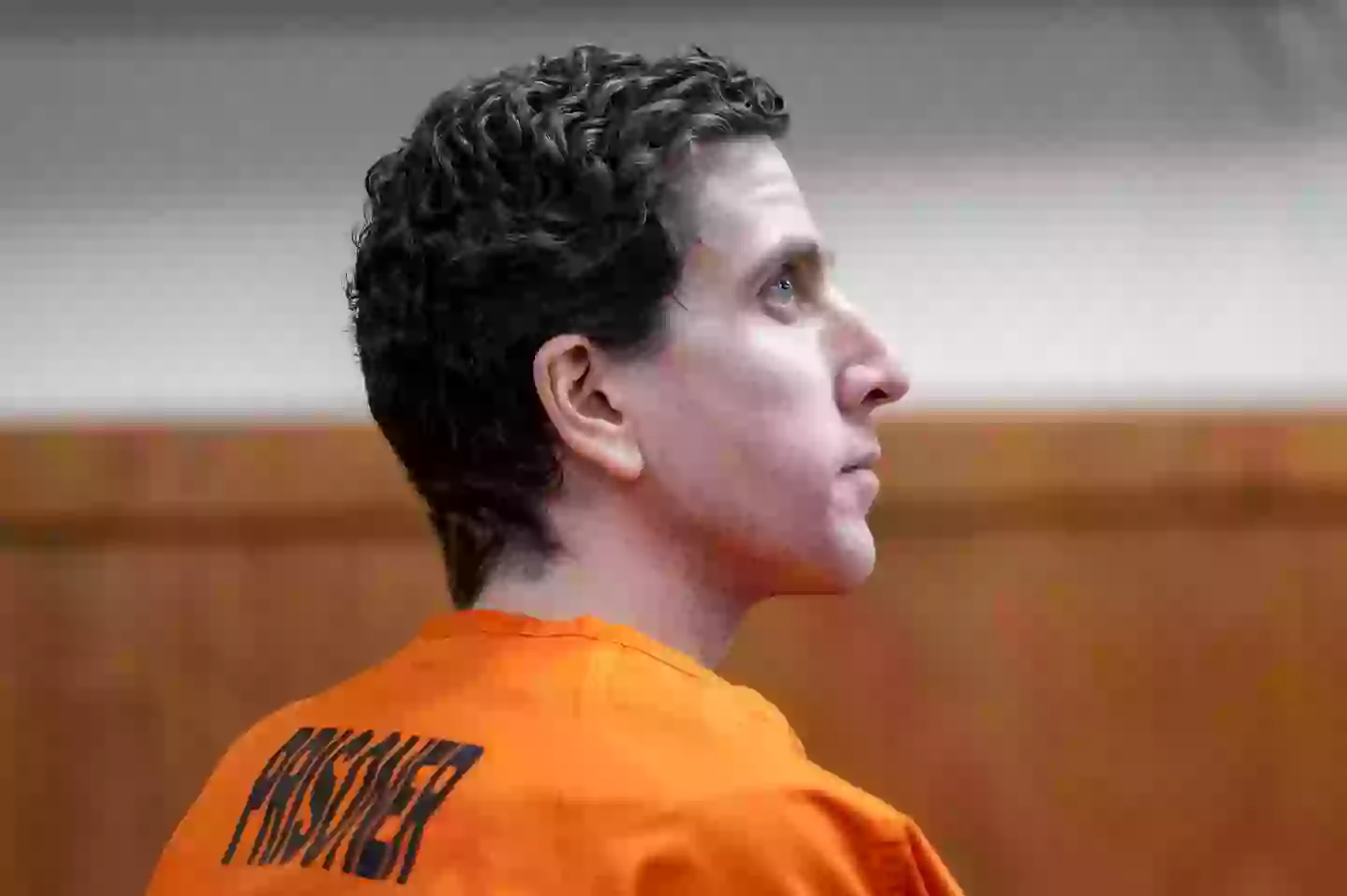The lawyer representing Bryan Kohberger has suggested that other individuals might be responsible for the tragic deaths of four Idaho students.
On November 13, 2022, four University of Idaho students—Ethan Chapin, 20, Xana Kernodle, 20, Kaylee Goncalves, 21, and Madison Mogen, 21—were found stabbed to death in their shared off-campus apartment on King Road in Moscow, Idaho.
Bryan Kohberger, a 30-year-old former criminology graduate student, faces charges of four counts of first-degree murder, for which he pleaded not guilty in May 2023.
On May 15, Kohberger’s legal counsel proposed that “alternate perpetrators” were accountable for the crimes, prompting an intervention from Judge Steven Hippler.
During a court session, Kohberger’s defense put forward the idea that other perpetrators could be responsible for the murders.
In response, Judge Steven Hippler sealed the filing and requested additional evidence to support the claims.
He remarked, “It seemed to be much of what you had put in there was fairly potentially objectionable in terms of admissibility.”
An expert commented to NBC News, “An alternate perpetrator theory can certainly be viable if it’s based on evidence but it can’t just be an argument or speculation and I think that’s what Judge Hippler is drilling down upon.”
Judge Hippler concluded, “Provide me with whatever actual evidence you have that supports those allegations other than just allegations.”
The required evidence must be submitted by May 23.
The trial proceedings are set to be live-streamed, although the testimony of the victims’ surviving roommates will not be broadcast.

In the aftermath of the students’ tragic deaths, law enforcement reviewed surveillance footage and observed a white Hyundai Elantra making multiple visits to the victims’ residence before circling the area once more.
Investigators traced the vehicle back to Pullman, Washington, where Kohberger resided.
After Kohberger was stopped for traffic violations on December 15, 2022, authorities matched his vehicle to the one described in the investigation.
His phone records showed activity near Moscow before being turned off around the time of the homicides; reports from ABC7 indicate his phone was near the victims’ home at least 12 times.
According to court documents, Kohberger’s DNA was found on a knife sheath located on one of the victim’s beds. DNA from trash outside his parents’ home was later matched by a lab to the father of the person whose DNA was on the sheath.
Kohberger was arrested on December 30 following these findings.

The court has permitted data from Kohberger’s Amazon account to be entered into the trial, which purportedly shows purchases of a Kabar knife and leather sheath similar to those discovered on a victim’s bed.
The judge has also accepted testimony describing an intruder’s appearance into the proceedings.

